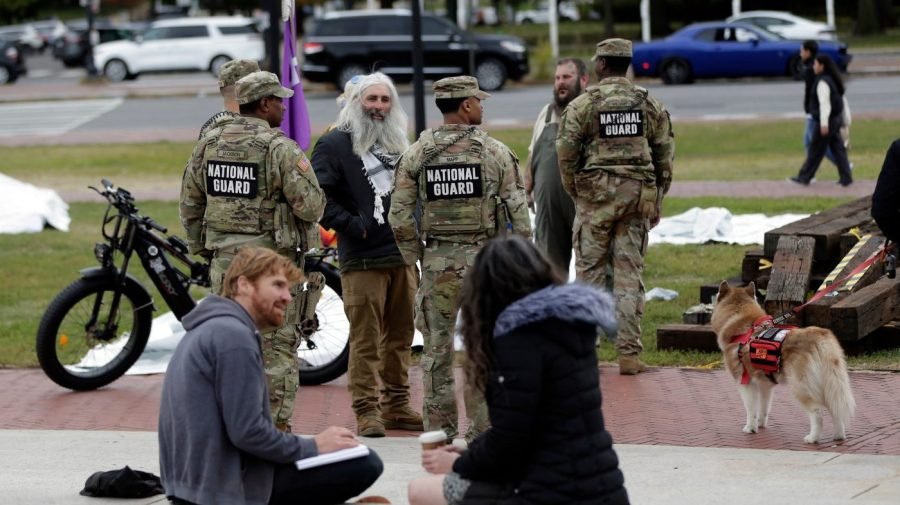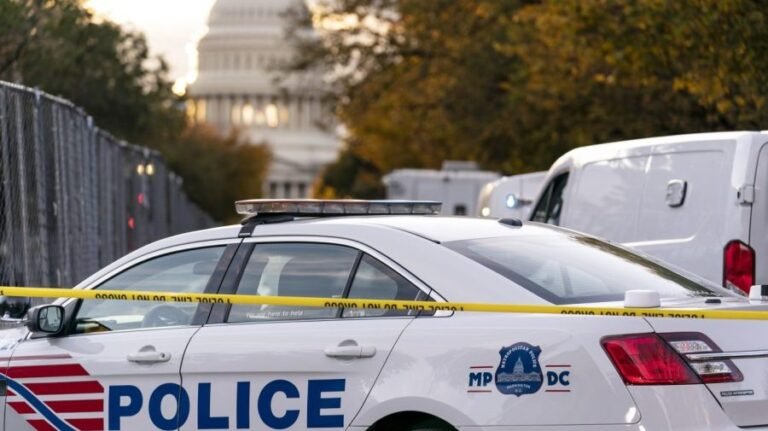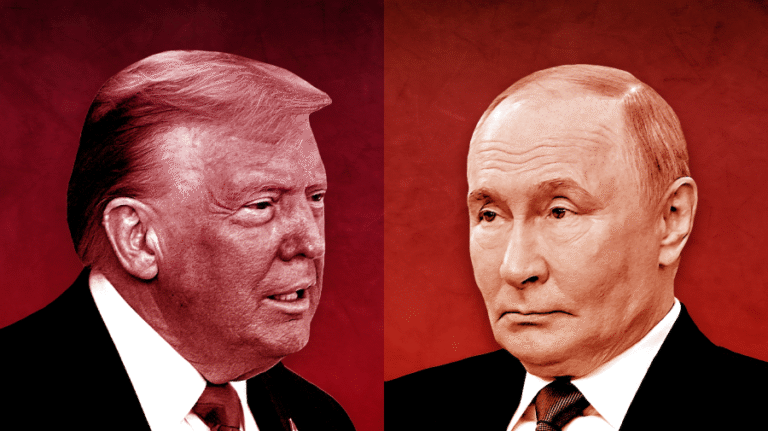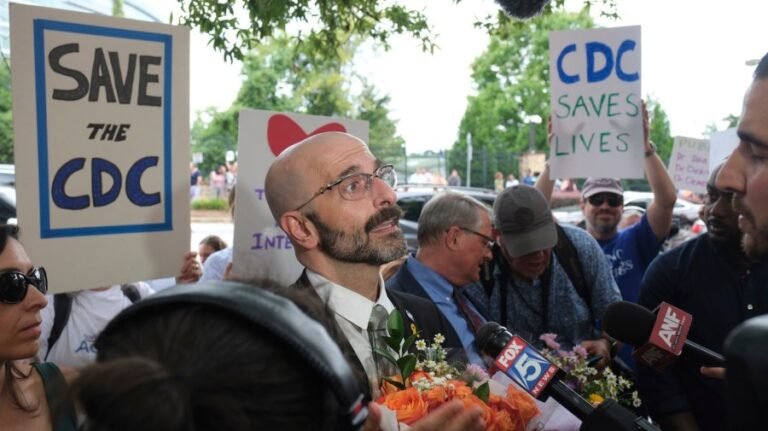
Defense Secretary Pete Hegseth has extended the deployment of National Guard troops in Washington, D.C., through February 2026, CNN reported Thursday.
The deployment of over 2,000 service members was set to expire at the end of November, CNN said.
When reached, an Army official told The Hill that the troops are continuing their mission “at [Hegseth’s] direction.” The official added that service members “are patrolling communities, deterring crime, and providing vital assistance to the citizens and visitors of the District of Columbia.”
The Hill has reached out to the Army for clarification on the timeline of the extension and to the office of D.C. Mayor Muriel Bowser (D) for comment.
In August, President Trump deployed roughly 800 members of the D.C. National Guard to the nation’s capital and put its police department under federal control. Citing a violent crime “crisis” in D.C., the president declared a public emergency and ordered Hegseth to mobilize the district’s guard.
Trump also sent Immigration and Customs Enforcement (ICE), Drug Enforcement Administration (DEA) and FBI agents to the federal district.
National Guard troops from eight other Republican-led states — Alabama, Georgia, Louisiana, Mississippi, Ohio, South Dakota, Tennessee and West Virginia — are also in the nation’s capital. South Carolina sent troops after the president’s directive in August, with Georgia guard members replacing them in September
According to DC’s Metropolitan Police Department (MPD), violent crime decreased 35 percent from 2024 to 2023, with homicides decreasing by 32 percent, sex abuse crimes decreasing by 25 percent and robberies decreasing by 39 percent.
The U.S. Attorney’s Office for the nation’s capital noted in December 2024 that violent crime totals in DC hit a 30-year low last year. Homicides, meanwhile, declined after four successive years of increases, but had yet to reach pre-pandemic marks, according to MPD.
So far this year, there has been a 29 percent decrease in violent crime, a 27 percent decrease in homicides, a 38 percent decrease in sex abuse crimes and a 36 percent decrease in robberies, according to MPD.
During a September appearance before the House Oversight and Government Reform Committee, Bowser specified that the surge in federal law enforcement, not National Guard troops, has aided MPD.
“What has worked is not the National Guard in helping enhance MPD services. What has worked is more DEA [Drug Enforcement Administration], more FBI,” she said at the time.
Earlier that month, D.C. Attorney General Brian Schwalb sued the Trump administration, alleging the deployment violates the 1973 D.C. Home Rule Act, which gives residents the authority to elect a local government overseen by Congress, and the 1878 Posse Comitatus Act, which bars the use of the military in civilian law enforcement.
The National Guard troops in D.C. are on Title 32 orders, which allows them to support local law enforcement. National Guard troops activated under Title 10 orders, often used for overseas deployments, cannot partake in local law enforcement.
Throughout their time in the nation’s capital, the troops have undertaken “beautification” efforts and have patrolled various neighborhoods and federal landmarks.


